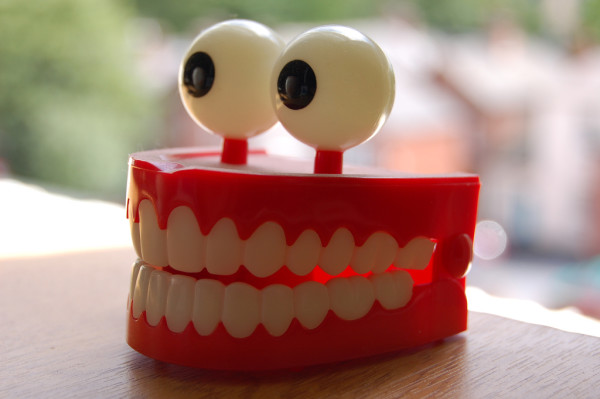Maintaining good standards of oral hygiene is one of the key parts of forming good practices for personal hygiene, and the overall promotion of your physical health and self-confidence. Never mind the bad breath and unsightly plaque that can form on your teeth, keeping your mouth and teeth clean is also essential for preventing gum disease, tooth decay and worse.
This, in turn, can result in expensive trips to the dentist to fix the damage caused, assuming you do not lose your teeth entirely. Fortunately avoiding cavities is fairly simple to do, even on a busy schedule.
So here is a quick list of our best practises for avoiding cavities.

Brushing Your Teeth
Oral Hygiene 101: brush your teeth regularly, at least twice a day and ideally an hour after every meal or snack you’ve eaten. As you eat, fragments of food get stuck onto your teeth and help promote the formation of plaque. Plaque is a collection of bacterial colonies that have built up over time and become entrenched in the natural depressions found in your teeth.
If left, they can eventually degrade into tartar and start causing gum diseases, which will lead to bleeding gums, bad breath, and even loss of teeth. Food stuck to teeth also increases your saliva’s acidity, which can damage your tooth enamel and create cavities, which in turn allows more food to become trapped and increasing the cycle.
Brushing regularly helps keep this plaque from forming, as well as dislodging any fragments of food still trapped between your teeth. After a while, be sure to replace your toothbrush – usually after every two or three months of use. As the bristles become more dishevelled and worn, they become less effective at cleaning your teeth.
Flossing
In addition to brushing, flossing also forms an important practise for preventing cavities. Floss helps remove plaque and food fragments that have been caught between your teeth and the gum line, which your brushing does not always reach. Ideally you should floss at least once a day, a good time being just before you head to bed.
Mouthwash
As noted with flossing, toothbrushes do not always reach all the parts of your teeth when brushing. This is especially true for areas towards the back of your mouth, or spaces in between individual teeth. Flossing helps, but it is not always possible to reach every spot of the tooth with that either. It also does nothing for the bacteria already in the mouth.
Mouthwash, subsequently, helps to rinse your mouth out and get some much-needed fluoride towards the parts of your teeth that you were not able to reach.
As well as flushing out loose plaque and food, it also helps rebalance your saliva’s acidity to a more neutral level, reduce the amounts of bacteria that cause bad breath, prevent gum disease and tooth decay, and can even help remineralize your teeth. In laymen’s terms, the last one means it can, to an extent, reverse some of the damages done to tooth enamel.
Be aware, though, that once a cavity forms, it is there for good until you can get a filling. Only enamel can reform itself, not the actual tooth.
Change Your Diet
The modern diet contains far more sugar and acids than it used to, and as a consequence cavities are a much greater problem than they were several centuries ago. However, we also have far more choice in our diet too. To better avoid cavities, look at the foods you are eating and ask whether you may be eating too much sugar on a daily basis.
If so, cut down on foods such as chocolate, soda, candy, cakes and put a little less sugar in your coffee. If you have the urge to snack, eat an apple or some celery instead. That alone will radically improve the health of your teeth.
Visit Your Dentist Regularly
Another good practise for avoiding cavities is to visit your dentist regularly. While you are responsible for the health of your teeth, it is not always easy to spot any growing problem areas that you may be missing, like hidden cavities or plaque build-up. Subsequently you may not be aware of growing issues until you start feeling symptoms such as toothache or severe halitosis. A dentist can spot these problems, and offer advice on what to do to avert them and repair damage, if possible.
Should you have reached the point of no return, a dentist can also offer to fix the damage themselves, whether by performing a filling, a root canal, or any other necessary practise. You can even ask a dentist to clean your teeth themselves, although such a service can cost a bit!
The writer of this article, Christian Mills, specializes in health topics, particularly those topics related to dentistry and oral health. For those needing a good dentist, he highly recommends paying a visit to orlandosmilesinc.com. You can learn more about Christian on Google+.
